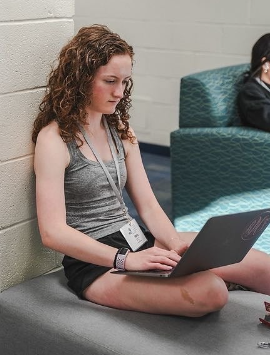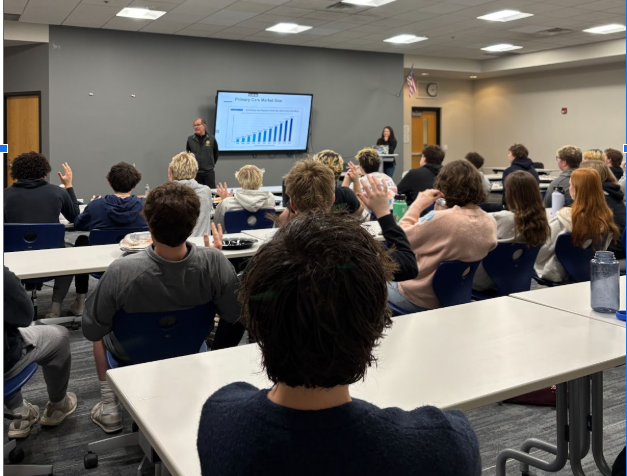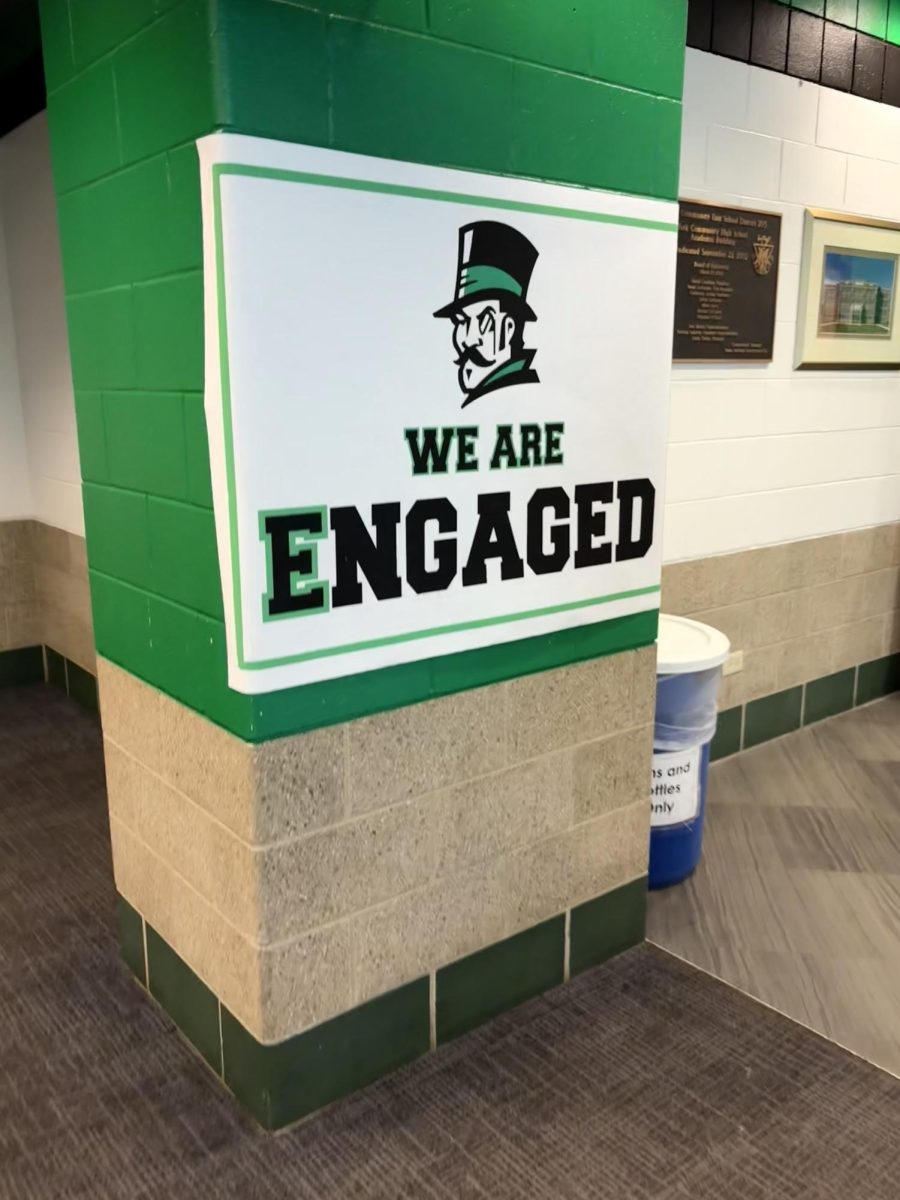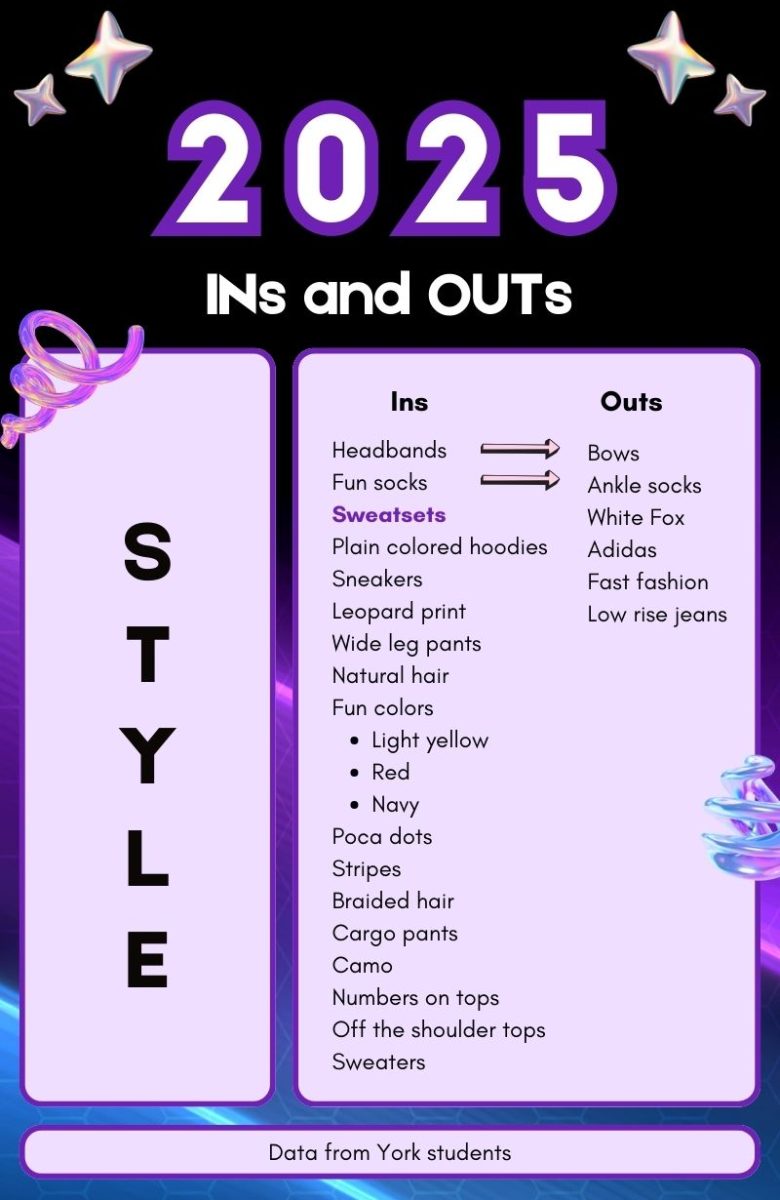While summer grants students the opportunity to rid themselves of scholastic responsibilities, many students opt to use their break as a time for academic exploration. Summer programs offer a unique way to dive headfirst in specific areas of study and experience the world of higher education. Many different universities and organizations offer summer experiences that cater different student interests. With thousands of options to choose from, students must consider the benefits and drawbacks of participating in a specific program.
Abby Mertz, senior, spent two weeks of her summer at Georgetown University studying law. The program was through the National Student Leadership Conference, an organization that provides a variety of professional experiences at a number of notable universities across the country.
“I really liked the National Student Leadership Conference because it is career based, but there was also an aspect of leadership,” Mertz said. “We did leadership seminars just as much as we did everything else.”
The leadership and independence that the program fostered in the lecture hall was also reflected in the experiences she had around campus. Part of the reason Mertz participated in the program was for the college exposure. She wanted to experience being away from home, living on a college campus, and meeting people from around the world.
“I’d say the biggest thing was building relationships with other people,” Mertz said. “I learned how to meet and interact with new people, but I also learned how different people can be from you and how you can learn from each other.”
While college programs like this are helpful in exposing students to higher education, and the social changes that come with it, many programs have one major drawback. With most mainstream programs priced anywhere between 2,000 and 8,000 dollars, cost is a large barrier for prospective participants.
“I wanted to learn more about what I was interested in and get exposure to the college setting,” Ella Liutikas, senior, said. “I know people who have done other college programs, and they always looked really fun. I just didn’t want to spend like 6,000 dollars.”
After doing some research, Liutikas founded theSimons NYU Science Exploration Program. Not only was the experience completely funded by the Simons foundation, but it was a chance to spend three weeks exploring the science field and navigating New York City.
“It was kind of the perfect program because it’s at NYU, which is one of my top schools, and it was free,” Liutikas said. “It was all about science which was really helpful for me. I knew I was considering a science field, but I wasn’t sure what type of science I wanted to go into. This program combined all of them and gave you exposure.”
In addition to more cost effective programs, students can also take advantage of programs that go beyond a traditional college campus. Quinn Tolman, senior, spent a part of his summer studying marine biology on an island off the coast of Maine. The program offered college credits through Cornell University, but the off-campus setting created an environment suitable for hands-on research.
“Both socially and academically there was a lot of freedom,” Tolman said. “I was placed in a situation that I had never been in before. I’d never been on an island, never conducted actual research, and I had never done a lot of key things we did in the course. [The program] put you in there with a bunch of people you don’t know and with a bunch of things you don’t know how to do. I had the freedom to explore what I wanted to and that was very rewarding.”
Students gained insight on both the social and academic opportunities that exist beyond Elmhurst and York Community High School. The academic and social developments were a key takeaway across all programs. Students left feeling more confident about their academic plans and their ability to reach their full potential.
“I was surprised that there was so much left to discover,” Liuikas said. “Growing up in [Elmhurst], and in high school, you’re just taught the same things. In a college setting there’s many different niches you can be in, research wise and socially. I didn’t know how complex science could get.”
Despite participating in different programs, students had a shared initial motivation to achieve and explore.
“I wanted to do it partially for college admissions, something to boost my chances, but also I did it because I love it,” Tolman said. “I want to do marine science when I am in college, so I decided to explore my passion.”
While many students took advantage of the programs to enhance their college applications and explore what they are passionate about, these summer experiences are not the only option for students hoping for a leg up.
“Anything that you’re interested in, take a look to see if [colleges] have those summer programs, but then consider price, timeline, all of that.” Dollaske said.
Price and scheduling conflicts are a major prohibitor for students hoping to participate in programs. While there are sometimes scholarships and grants available, sometimes scheduling and family obligations can get in the way.
“I don’t think it’s a make or break experience with some kids,” Kara Dollaske, college and career research counselor, said. “I think even working over the summer or volunteering, those are great experiences to build a resume.”
Dollaske also advises students to look for red flags when looking for programs. It is important to consider the price of a program, and if the affiliated organizations are really just companies trying to make money. Programs that have applications are often more reputable, because they require you to demonstrate interest, not just write a check.
“I don’t want students to think, ‘I have to do this, but it’s 7,000 dollars.’” Dollaske said. “Everything about high school is more important. They are definitly looking at that [program], but it is not going to be the one change. You don’t want the college application to be the only reason. If it excites you, great, go do it. But if it doesn’t, and you’re just doing it to do it, you won’t gain much from the program.”
If students have the means to participate and the passion for doing so, summer programs do offer a variety of benefits. While a summer program is not necessary for post secondary success, the students who did participate felt the experience gave them peace of mind.
“What surprised me about being in the college environment was how easy it was to navigate in general,” Mertz said. “It was easy to make friends because everyone was so open and willing to meet each other. Being away from home, making my own schedule, it was all a lot easier than I thought.”









